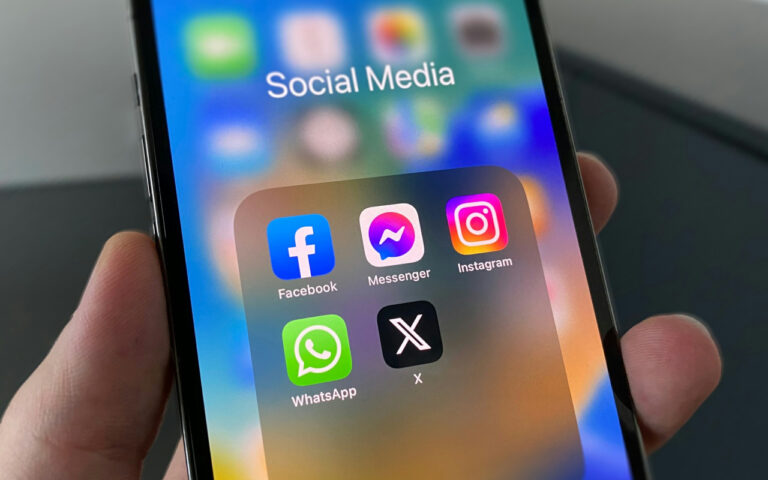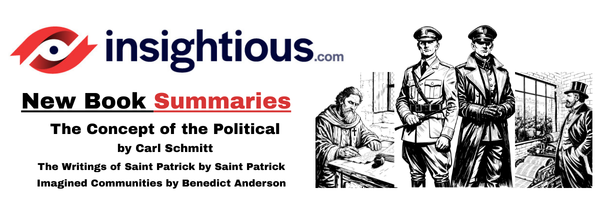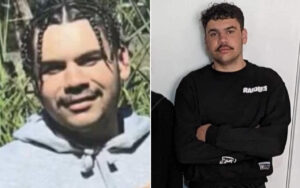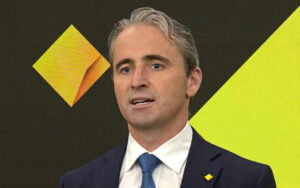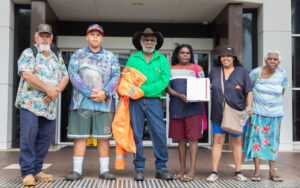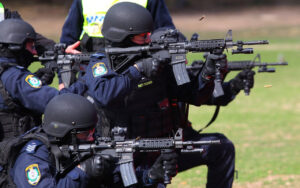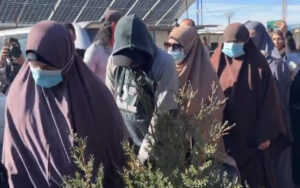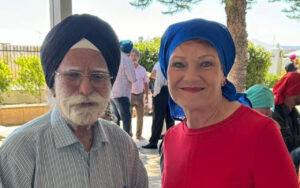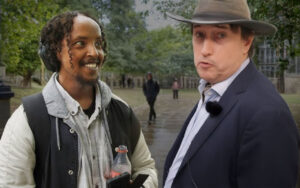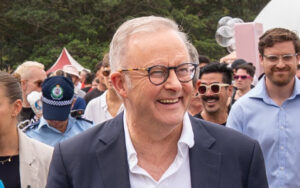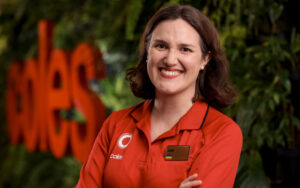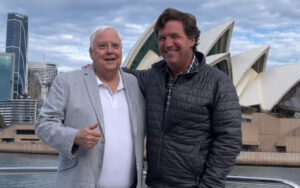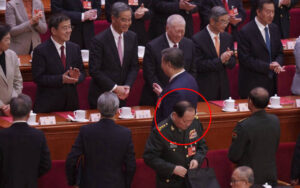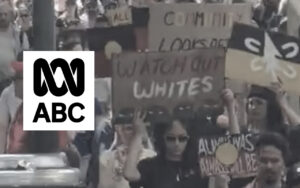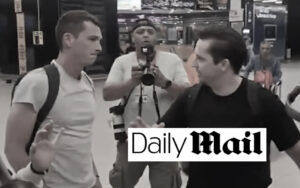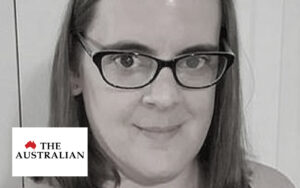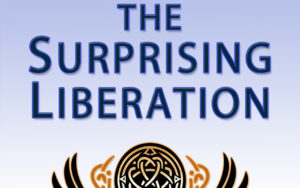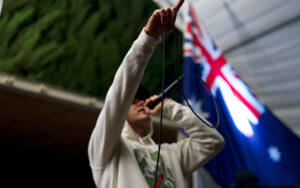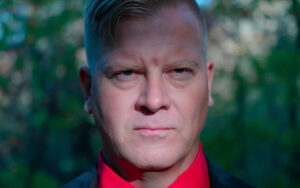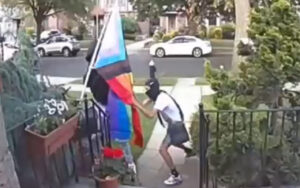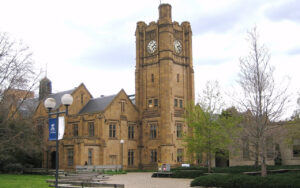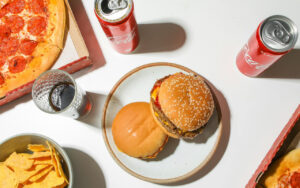A freedom group and two teenagers have launched a High Court challenge against Australia’s under-16s social media ban, but the government said it would “stand firm” on the new laws.
The Digital Freedom Project (DFP), along with plaintiffs Noah Jones and Macy Heyland, filed proceedings on Wednesday, saying the legislation set to come into effect on December 10 infringes on the constitutional implied right to political communication of 2.6 million young Australians.
Critics have also warned the ban could result in all Australian adults needing to prove their age or use Digital ID in order to use the nine restricted platforms – Facebook, Instagram, X, TikTok, YouTube, Snapchat, Threads, Reddit and Kick. Far-left platform Bluesky is not covered by the legislation.
Communications Minister Anika Wells delivered a forceful defence of the social media ban, saying that the Albanese Government “will not be intimidated by threats or legal challenges” from anyone attempting to fight the policy. pic.twitter.com/ezv7tQoC6B
— Australians vs. The Agenda (@ausvstheagenda) November 26, 2025
DFP President, NSW Libertarian MP John Ruddick, said everyone should be concerned about the ban, which he called “disproportionate” and more authoritarian than any similar legislation worldwide.
“This ban is a direct assault on young people’s right to freedom of political communication. But it’s worse than that. Come December 10 all kids will be banned, and all the rest of us will have to prove our age and potentially provide ID just to access social media,” he said.
“A lot of people will get sucked into getting the digital ID, which is about as Big Brother as you can get. It is not the government’s role to parent children, it should be up to families to decide when their children are ready for social media.
“This is the most draconian legislation of its type in the world. Even the Chinese Communist Party would be drooling over this.”
Macy Heyland, from the NSW Hunter Valley, said the new laws effectively banned under-16s from expressing their political views and would drive teens to “fake profiles and VPNs”.
“Bring us into safer spaces, with rules that work: age‑appropriate features, privacy‑first age assurance, and fast takedowns. We shouldn’t be silenced. It’s like Orwell’s book 1984, and that scares me,” she said.
Noah Jones, from Sydney’s Sutherland Shire, said the government should invest in programs to keep children safe online rather than resorting to blanket bans.
“We are the true digital natives and we want to remain educated, robust, and savvy in our digital world,” he said.
“They should protect kids with safeguards, not silence.”
Communications Minister Anika Wells referred to the challenge in parliament, and said Labor would not budge on the legislation.
“Despite the fact that we are receiving threats and legal challenges by people with ulterior motives, the Albanese government is steadfastly on the side of parents, and not of platforms,” she said.
“We will not be intimidated by threats, we will not be intimidated by legal challenges, we will not be intimidated by Big Tech. One behalf of Australian parents, we stand firm.”
The Opposition voted in favour of the ban, Coalition communications spokeswoman Melissa McIntosh said on Wednesday she now “questioned whether it’s going to work”, saying there was a “high risk of failure”, and that she was “not surprised” by the legal challenge.
Early this month Ms McIntosh also said more clarity was needed on age verification for adults, after social media companies told a parliamentary committee in October that they may be required to take government IDs as part of their “age assurance processes”.
“We’re hearing now that digital identification may need to be required. A platform may compel an Australian to use their government ID. We didn’t sign up for that,” she said.
